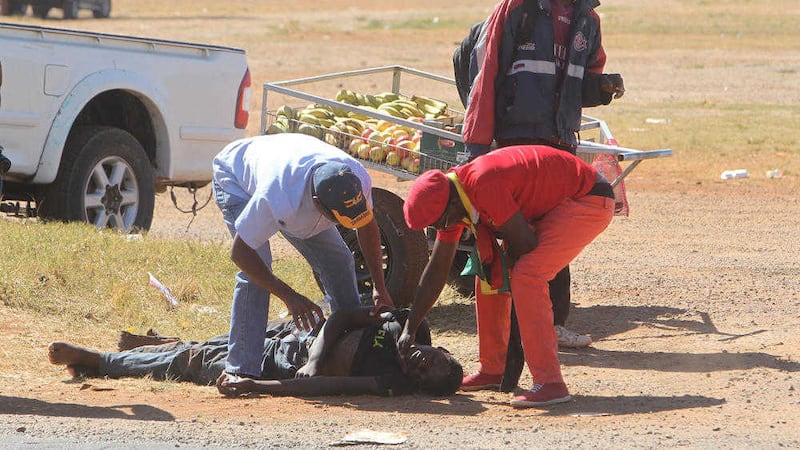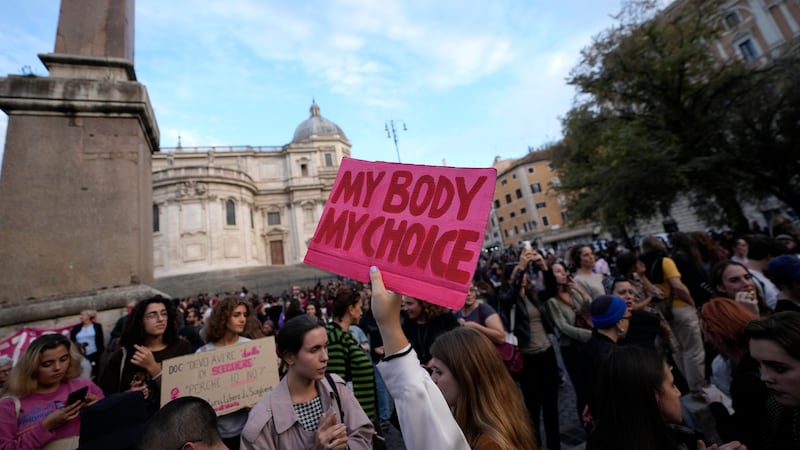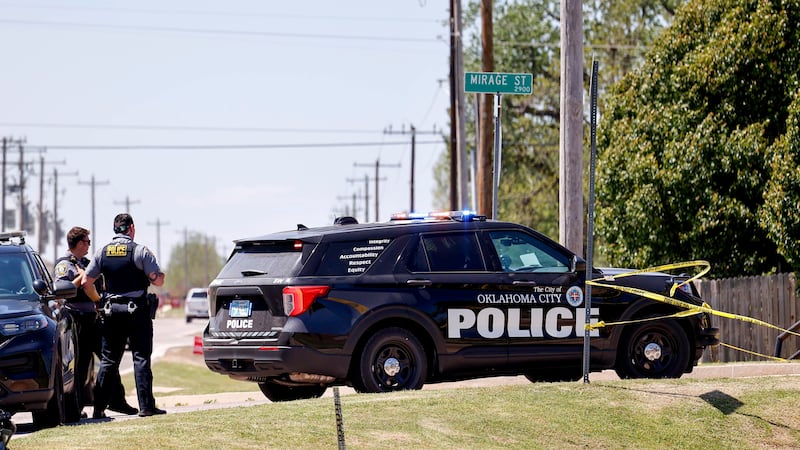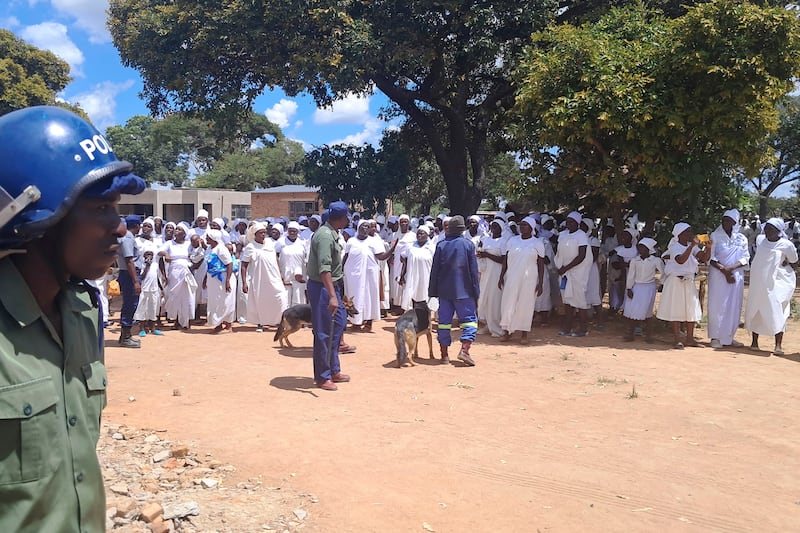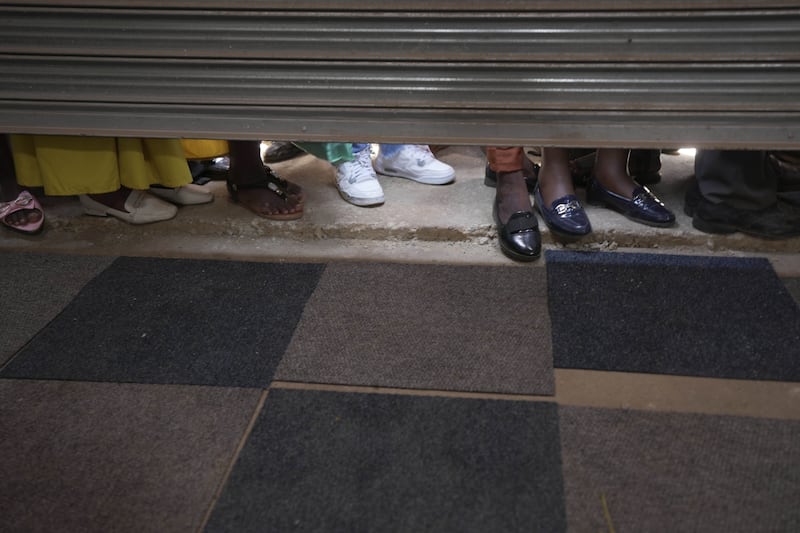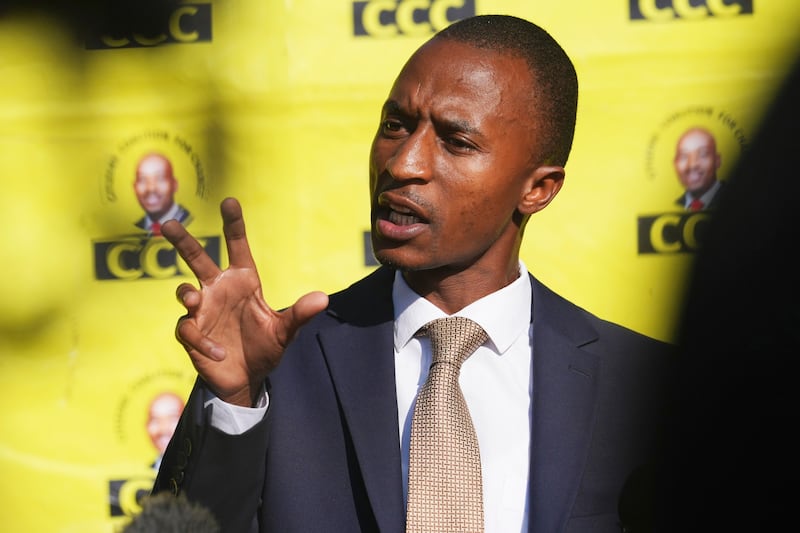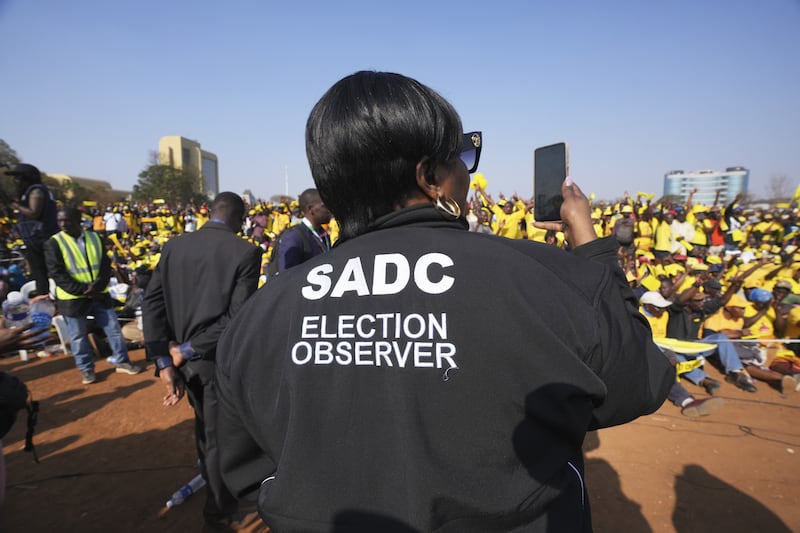Zimbabwe police have used batons, tear gas and water cannons against anti-government protesters, despite a court order that police should not interfere with the demonstration in the capital Harare.
The demonstration brought together at least 18 opposition parties and civic organisations and was quickly dispersed by police.
The protest marks the first time that Zimbabwe's fractured opposition has joined in a single action to confront President Robert Mugabe's government since 2007.
Dubbed the "mega demonstration", the protest was to include veteran opposition leader Morgan Tsvangirai and Mr Mugabe's former deputy Joice Mujuru, according to organisers.
Water cannons, frequently used to break up anti-government protests in the past two months, were sprayed against demonstrators.
Usually bustling with street sellers, the capital's streets were bristling with police wielding batons and tear gas canisters.
Police were at the headquarters of the main opposition MDC-T party. Other police have mounted roadblocks on routes leading into the city.
Protests have become a near-daily occurrence in the southern African country, ravaged by a tumbling economy and widespread food shortages.
Yesterday's protest could be the most significant yet, particularly because it could bring together Zimbabwe's squabbling opposition amid talk of a coalition to fight Mr Mugabe in elections scheduled for 2018.
The 92-year-old, who has ruled Zimbabwe since independence from white minority rule in 1980, has refused to name a successor, insisting he wants to rule until he dies.
